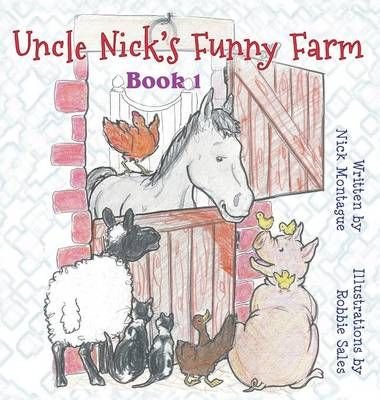

He later moved to the Savannah Morning News and, in 1870, married the French-Canadian Esther La Rose, with whom he would have nine children. After the Civil War ended in 1865, Harris accepted a job at the Monroe Advertiser in Forsyth, Georgia, where, again allegedly, the local gardener was known as Uncle Remus, although Harris was said to have denied this account. During his tenure at The Countryman, Harris learned much about journalism and life on a plantation, interacting frequently with Turner's slaves, who allegedly inspired many of his later "Uncle Remus" stories. He answered an ad for apprentices at a small newspaper called The Countryman, a position that first introduced him to Joseph Addison Turner, who was both the editor of the newspaper and a plantation owner. Harris's family was poor, and he left home at thirteen to find a job. His father was an itinerant laborer who played no role in his upbringing. Harris was born in rural Eatonton, Georgia, on December 9, 1848, to Mary Harris, an unmarried woman. While praised as a master of folk literature by his contemporary Mark Twain, Harris has been vilified by African-American and Pulitzer Prize-winning author Alice Walker, who has accused him of "stealing a good part of my heritage." Such diametrically opposed views have characterized discussions of Harris's canon for the bulk of the twentieth century, with the lack of any degree of critical communion leaving his final literary legacy still largely undetermined. There has been widespread and vitriolic critical debate surrounding the authorial intentions behind the "Remus" tales, with some alleging that the caucasian Harris uses the stories to paint an inaccurately rosy picture of race relations in the post- Civil War Reconstruction South, while others maintain that the folk tales are far more subversive in tone, acting as Harris's tool for presenting more positive depictions of African-American characters than had ever been previously published in American children's literature. Containing highly dialectic language-the authenticity of which remains contested-Harris's tales depict a fictional caricature of an elderly ex-slave named Uncle Remus who relates the stories of his people to the white grandson of his former owners.
#CHANGE LANGUAGE A STORY ABOUT MY UNCLE HOW TO#
While some regard the works as important documents of African-American folk culture, the stories are nonetheless replete with racist overtones, leaving critics conflicted over how to evaluate Harris's role within the history of folklore preservation. INTRODUCTIONĪssembled by a white nineteenth-century author and journalist, Harris's volumes of "Uncle Remus" folk tales are among the most problematic literary collections in American fiction. For further information on his life and career, see CLR, Volume 49.
#CHANGE LANGUAGE A STORY ABOUT MY UNCLE SERIES#
The following entry presents commentary on Harris's "Uncle Remus" series of folk tales (1880-1955) through 2004. American folklorist, novelist, short-story writer, essayist, critic, and author of juvenile fiction.


 0 kommentar(er)
0 kommentar(er)
